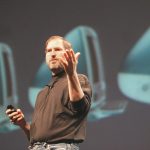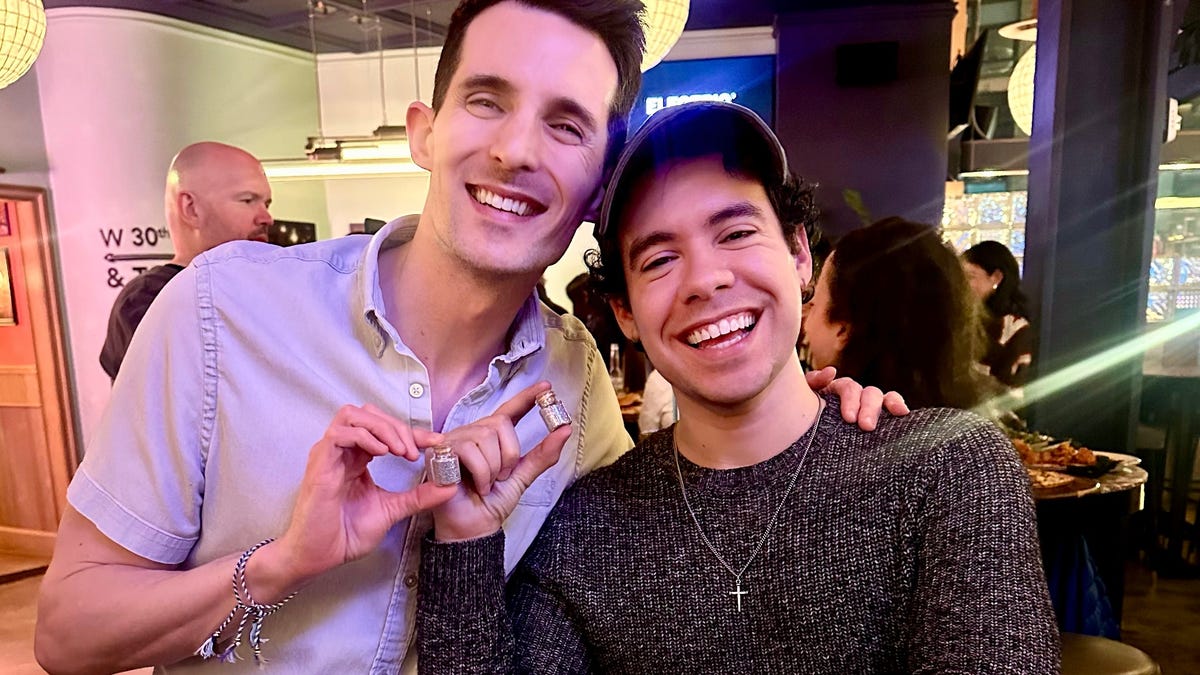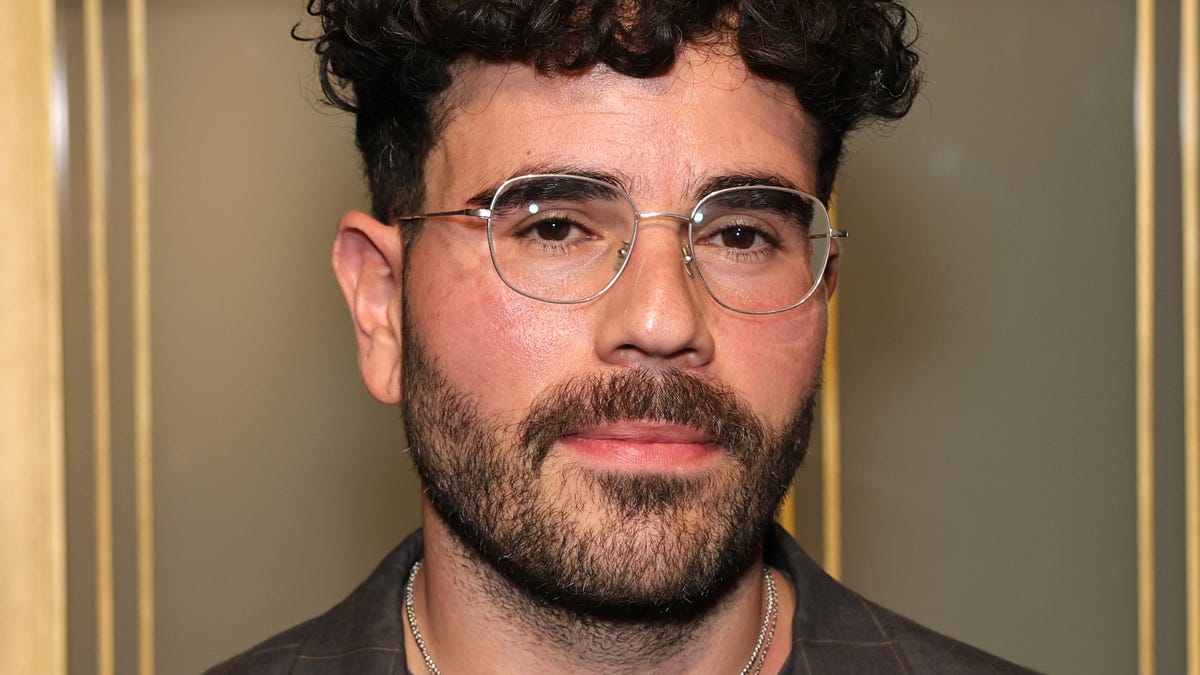
West Hollywood Pride parade kicks off in colorful fashion
West Hollywood held its annual pride parade in vibrant fashion.
Matt Tolbert and his husband Joshua Gonzales knew they wanted kids for at least a decade.
The New York thirtysomethings began their research into surrogacy and adoption and determined they’d need upwards of $100,000.
“We didn’t really know how we were going to get there,” Tolbert, 36, says over a Zoom call.
But as they dove into the process, they quickly discovered the cost of surrogacy in the U.S. had increased. Estimates vary, but that cost could be as high as double or triple that $100,000 they’d planned on.
It’s a common story among LGBTQ+ people who want to grow their families but face a medical system that was built for heterosexual couples.
While decades of technological advancements have improved fertility care, there’s been little change to better accommodate same-sex, transgender or nonbinary couples, said Marea Goodman, a licensed midwife and founder of PregnantTogether, a virtual community for queer and solo parents.
“The history of fertility care is based in a lot of heterosexuality,” they said. “The same tactics that they use for heterosexual people, who have been trying to conceive at home but can’t, are not appropriate for the LGBTQ folks or solo parents who are accessing those same services.”
Tolbert and Gonzales face what many LGBTQ+ couples do: The fact that insurance doesn’t cover their fertility journey.
Until recently, most insurance companies followed the American Society for Reproductive Medicine’s definition for fertility, which defined infertility as a condition in which heterosexual couples couldn’t conceive after a year of unprotected intercourse.
“If you’re a gay couple, you’re not infertile, or you may be, but that’s not the reason for you going through fertility treatments,” Tolbert added.
In October 2023, the organization expanded that definition to include all patients who require intervention.
About two dozen states have laws mandating private insurers to cover fertility treatments, according to a KFF database. However, only Colorado, Illinois, Maine and Washington, D.C. explicitly include LGBTQ+ people. California’s new law, which goes into effect July 2025, mandates coverage for IVF and expands the definition of infertility to include LGBTQ+ people.
It would only apply to larger companies with more than 100 employees. Still, it’s a step in the right direction, said Dr. Mickey Coffler, reproductive endocrinologist at HRC Fertility, a network of fertility clinics in California.
“We are responsible as providers to do the best in our abilities to educate patients and make them aware of their rights because this new state bill is quite revolutionary and it’s going to be very helpful,” he said.
Between July 2024 and February 2025, Tolbert and Gonzales underwent fertility and tested for sexually transmitted infections ($652); flew to Mexico and made semen deposits ($2,380); selected an egg donor with enough frozen eggs for two IVF journeys; and made embryo transfers. Today, one of the couple’s surrogate is 18 weeks along and the other nine weeks. Tolbert and Gonzales used the same egg donor so their children would be half-siblings.
The fees for their agency, donor, surrogates and other medical fees tallied $118,295, and overall, they spent $143,538 with an additional expected $78,028 for a total of $221,566.
A limited supply of egg and sperm donors, and surrogates is also partly driving rising costs for LGBTQ+ people, Coffler said. American families are also competing with international families who are seeking similar services in the U.S.
Rising fees “has become a huge barrier for these patients to be able to afford those services,” he said.
Despite the mounting costs, Tolbert and Gonzales are excited to build their family. In the meantime, they aim to showcase their journey and educate their followers along the way.
“We’re sharing this not for sympathy, but for transparency,” Tolbert said in a recent TikTok video, “and for those of you exploring similar paths to have a real-world example. Every journey is unique, and costs can vary wildly, but knowledge is power.”
Adrianna Rodriguez can be reached at adrodriguez@usatoday.com.









